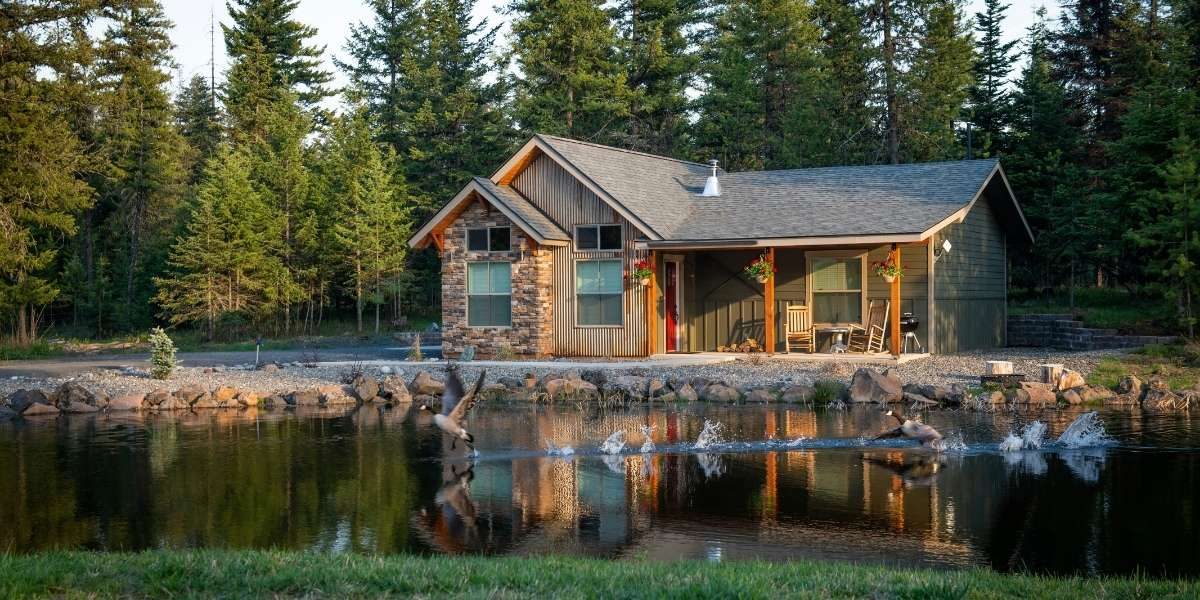Over the past decade, Airbnb has transformed the way people travel and experience cities around the world. What started as a simple idea to rent out extra space has grown into a global platform that redefines lodging, tourism, and urban living. The Airbnb revolution challenges traditional hospitality models, offers new economic opportunities, and raises complex questions about the future of urban environments. This article explores how Airbnb is reshaping travel behaviors and urban landscapes, examining both its benefits and challenges.
Read Also: How to Find Unique Experiences Beyond Tourist Routes
Changing the Way People Travel
Airbnb has shifted travel from standardized hotel stays to personalized, local experiences. Travelers now seek authentic accommodations that immerse them in neighborhood life, often choosing unique homes over generic rooms.
The Rise of Experiential Travel
Guests increasingly value the opportunity to live like locals. Airbnb’s diverse listings—from cozy apartments to historic houses—offer access to communities and cultures beyond the typical tourist path. This trend supports more meaningful connections and memories.
Affordability and Flexibility
By providing options across a broad price range, Airbnb appeals to budget-conscious travelers and those looking for flexible stays. Longer-term rentals and entire homes make Airbnb attractive for remote workers and families.
Economic Impacts on Hosts and Communities
Airbnb has created new income streams for hosts, allowing individuals to monetize their properties. For many, hosting has become a vital source of financial support.
Empowering Individual Hosts
Many hosts use Airbnb to supplement income or fund personal goals. This democratization of lodging income contrasts with traditional hotel industries, where ownership and profits are concentrated.
Boosting Local Economies
Airbnb guests often spend money in local shops, restaurants, and attractions, contributing to community economies. This can support small businesses and encourage tourism outside established hotspots.
Transforming Urban Landscapes
The Airbnb revolution also influences how cities evolve, sometimes sparking controversy and debate.
Gentrification and Housing Affordability
Increased short-term rentals can drive up property values and rents, potentially displacing long-term residents. This gentrification effect raises concerns about housing affordability and community cohesion.
Regulatory Challenges
Cities worldwide grapple with how to regulate Airbnb to balance economic benefits with neighborhood preservation. Issues include zoning laws, taxation, and limits on rental durations.
Impact on Neighborhood Character
While Airbnb can revitalize certain areas, the influx of tourists may alter neighborhood dynamics and strain local infrastructure. Residents may face noise, overcrowding, or changes in community culture.
The Future of Airbnb and Urban Travel
Airbnb continues to innovate with offerings like “Experiences” that focus on local activities, and features that support longer stays. Its evolution will likely influence sustainable tourism and urban development.
Embracing Sustainability
There is growing emphasis on responsible travel and minimizing environmental impact. Airbnb’s model encourages staying in existing homes rather than building new hotels, which may reduce urban sprawl.
Collaborations and Partnerships
Airbnb is increasingly partnering with cities and local governments to address challenges and create frameworks that benefit all stakeholders.
Read Also: Can Desalination Solve Global Water Scarcity?
A Revolution with Complex Dimensions
The Airbnb revolution has undeniably reshaped travel and urban landscapes, offering unprecedented opportunities and posing new challenges. By fostering authentic experiences and economic empowerment, it transforms how people explore the world. At the same time, its impact on housing and communities calls for thoughtful policies and collaborative solutions.
As Airbnb and similar platforms evolve, striking a balance between innovation and sustainability will be key to ensuring travel remains enriching and cities remain livable for all.














